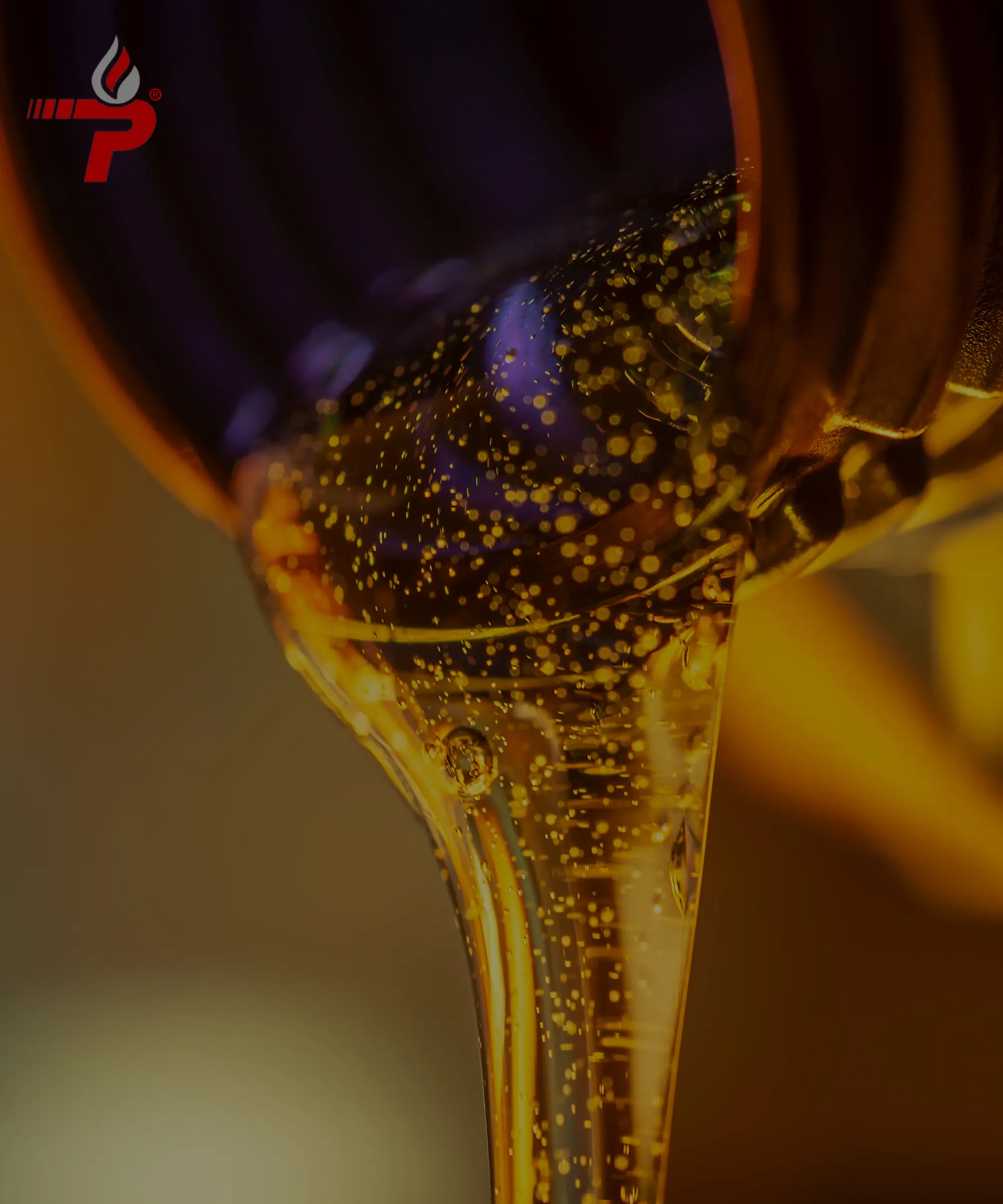
In the world of lubricants and fluids, viscosity plays a critical role in figuring out how correctly they can carry out their intended features. Viscosity modifiers are components designed to adjust the flow properties of those materials, ensuring superior performance across various conditions. Whether you're handling automotive oils, industrial lubricants, or maybe meal-grade fluids, deciding on the right viscosity improver is paramount to achieving desired effects. Let's delve into the issues to help you make a knowledgeable choice for your specific needs.
Understanding Viscosity Improvers
Viscosity improvers are additives that might be added to lubricants and fluids to regulate their viscosity. They work by helping the fluid keep its thickness at extraordinary temperatures. This facilitates improving the stability and overall performance of the lubricant in diverse situations.
Factors Influencing Viscosity Improver Selection
Operating Conditions:
Different applications entail wonderful working conditions, such as temperature extremes, stress variations, and shear forces. Choosing a viscosity improver that can cope with difficult situations without sacrificing its effectiveness is essential. For example, on the subject of automotive engine oil, you need a viscosity improver that can keep providing the right lubrication even at high temperatures and mechanical pressure.
Base Fluid Compatibility:
Viscosity improvers ought to be compatible with the bottom fluid to ensure uniform dispersion and the most effective performance. Compatibility troubles can cause segment separation, decreased efficacy, and even system damage. Understanding the chemical composition and traits of both the bottom fluid and the viscosity improver is important for compatibility evaluation.
Performance Requirements:
Consider the particular performance necessities of your utility, including shear balance, oxidation resistance, and shear-thinning conduct. Certain components might also excel in one thing while being less effective in others. Evaluate your priorities and choose a viscosity improver that aligns with your overall performance standards for the most useful consequences.
Regulatory Compliance:
In industries like food processing, pharmaceuticals, and automotive production, following rules is critical. Make sure the viscosity improver you select meets the essential standards to avoid issues and risks.
Environmental Impact:
More and more industries are taking environmental elements into account when choosing merchandise. Choose viscosity improvers that can be eco-friendly, biodegradable, and safe on every occasion you can. Sustainable alternatives help reduce harm to the environment and show company responsibility.
Common Types of Viscosity Improvers
Polymethacrylates:
Polymethacrylates are widely used as viscosity improvers in engine oils and hydraulic fluids. They offer exceptional shear stability, oxidation resistance, and thermal stability, making them suitable for disturbing applications.
Olefin Copolymers:
Oil copolymers show superior viscosity index improvement and shear stability, making them perfect for multi-grade lubricants. They decorate the fluid's viscosity-temperature dating, ensuring consistent overall performance across a wide temperature range.
Polyisobutylene (PIBs):
Polyisobutylene are famed for their awesome thickening properties and compatibility with numerous base fluids. They are commonly used in gear oils, transmission fluids, and industrial lubricants to enhance viscosity and reduce friction.
Polysaccharides:
Polysaccharide-based total viscosity improvers are preferred in packages where biodegradability and environmental compatibility are paramount. They find widespread use in food-grade lubricants, pharmaceutical formulations, and environmentally friendly programs.
Conclusion
Choosing the right viscosity improver is vital for optimizing the overall performance and toughness of lubricants and fluids in various applications. By thinking about elements along with operating situations, base fluid compatibility, overall performance necessities, regulatory compliance, and environmental impact, you can make informed choices tailor-made for your particular desires. Whether you are improving car engine oils, commercial lubricants, or food-grade fluids, deciding on the precise viscosity improver is an important step in the direction of attaining the most appropriate overall performance and reliability.





Write a comment ...